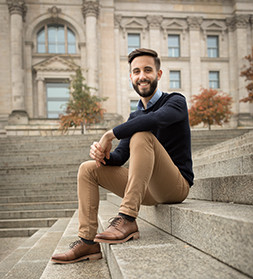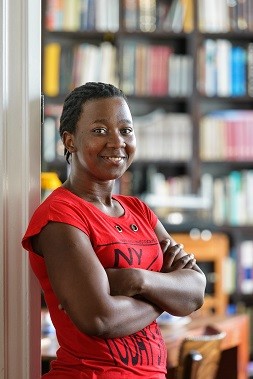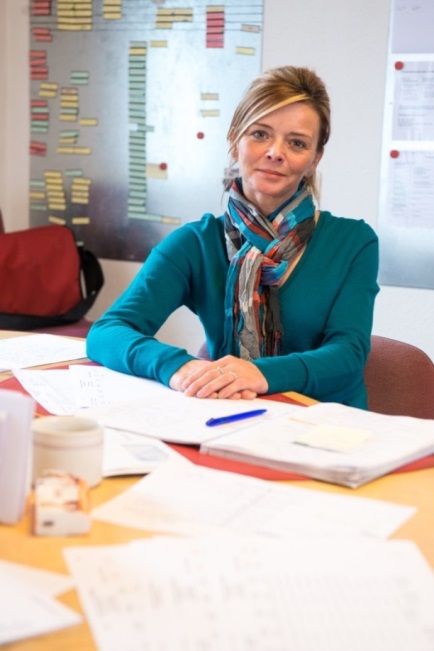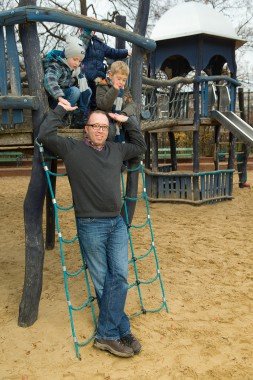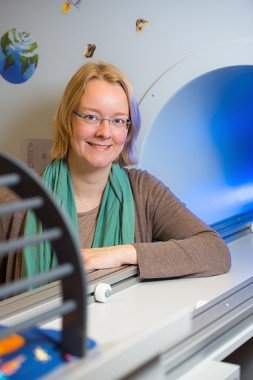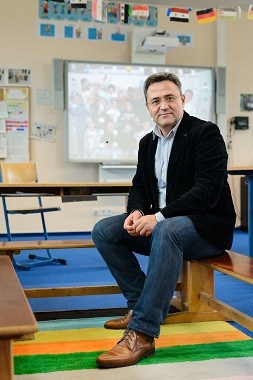A Solid Foundation: German-Polish Relations
Warsaw, Poland, April 2017. Germany and Poland have a great deal in common, despite their differences. Following an eventful history, German-Polish relations today stand on a firm foundation. Economically and culturally the two countries are closely interlinked: Germany has been Poland’s most important trading partner for more than two decades, and in no other foreign country do as many people learn German as in Poland. Of the 2.3 million or so German language learners in Poland, about 2.1 million are children. Especially after the fall of the Wall in 1989 close, cross-border relationships developed in many areas, with hundreds of town-twinning schemes, school and university partnerships as well as cooperation between German federal states and Polish Voivodships. Facilitators, such as the Goethe Institute, the DAAD and the German-Polish Youth Office contribute to an extensive cultural and academic exchange.
In discussions about immigration, Poland and Germany hold opposing views, whereby the current challenges being faced by the two countries differ in nature: while Germany has mainly seen the arrival of large numbers of asylum seekers since 2015, Poland has primarily been faced with growing labour migration from the Ukraine.
At the same time there are many people, who now call both Poland and Germany their home: Poles – after Syrians and Rumanians – are currently the third largest group of immigrants to Germany. In 2015 approx. 196,000 people moved to Germany from Poland, which was 9 per cent of total immigration for the year. On the other hand some 5,400 Germans moved to Poland in 2015, which represents about 4 per cent of all outward migration. The SVR’s 2016 Integration Barometer shows that Polish people living in Germany feel well-received: according to the survey some 94 per cent of Poles feel a sense of belonging in Germany. At the same time 52 per cent also feel a sense of attachment to their country of origin. However, about 22 per cent also reported having experienced discrimination based on their origin.
How do Poles, who have close links to Germany, experience everyday life here? We would like to introduce Agnieszka Łada, who has been living and working between the two countries for years and is a researcher for German-Polish relations.
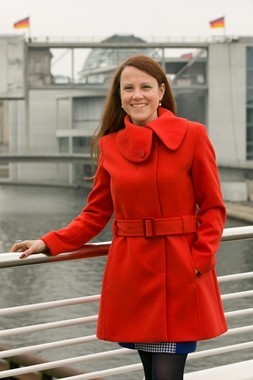
Agnieszka Łada grew up in Warsaw and had her first contact with Germany early on when she participated in a school exchange. She went to Hamburg, where she lived with a German family and attended her host sister’s class at school. Her host sister then came to stay with Agnieszka and her family for a while in Warsaw. Agnieszka is convinced that this early encounter with Germany was a formative experience for her. “These kinds of exchange programmes really are meaningful and my first contact was immediately very personal.” As it was clear to her that she did not want to lose her ties to Germany during her political studies in Warsaw, she participated in the Erasmus programme spending two semesters studying at the Freie Universität Berlin and went on to specialise in German-Polish relations in her professional life. As Germany experts should have first-hand experience of many regions of the country, Agnieszka chose Dortmund for her postgraduate studies in organisational psychology at the Technical University. She wrote about the German patriotism debate in her doctoral thesis and in 2015 she graduated with an Executive Master of Public Administration from the Hertie School of Governance to gain an even better understanding of the connection between politics, public administration, the economy and the third sector in Germany.
Today Agnieszka leads the Europe programme of a Warsaw think tank and occasionally works as a fellow in German research institutions, generally on projects that focus on German-Polish relations. In 2013 she spent two months with the German Council on Foreign Relations (Deutsche Gesellschaft für Auswärtige Politik – DGAP), in 2016/17 she spent two months with the German Institute for International and Security Affairs (Stiftung Wissenschaft und Politik – SWP) researching German-Polish business cooperation. One of Agnieszka’s major projects at the Institute of Public Affairs in Warsaw is the German-Polish Barometer, which examines the way Germans and Poles perceive each other. “The results show – and I know this from my own experience – that Germans know very little about Poles. I find this worrying. What makes me happy, on the other hand: Polish society is very open towards Germans. German-Polish reconciliation after World War II was therefore truly successful.”
Where do the differences between the two societies lie according to her years of experience of living between two countries? “Actually there are more similarities than differences. The Poles, however, have a different approach to family and private life, you can always depend on the family, but have more obligations within the family. Agnieszka finds that ‘the Germans’ are sometimes not very approachable. The fact that it takes people so long to invite someone into their home and in spite of very close collaboration between colleagues, the familiar form of address is often not used she thinks takes some getting used to. She also struggles with German bureaucracy every now and then. On the other hand, she greatly appreciates that Germans can always be relied upon and discussions remain objective and factual even when there are differences of opinion.
She sees clear differences between the two countries’ approaches to the topic of migration and integration. “The Germans have been able to accustom themselves to migration processes over the years, whereas the Poles are just at the beginning – foreigners are still an exception in Poland, although this will gradually change with the thousands of Ukrainians who are coming to Poland and working there.”
Both professionally and privately Agnieszka sees herself mainly as a facilitator of German-Polish dialogue. “I enjoy conveying the reciprocal standpoints and explaining them to the other side. I’d simply like to help the two societies understand each other better.”
Agnieszka can see a future for herself in Germany, “If I leave Warsaw for personal or professional reasons, then only to move to Germany!”

